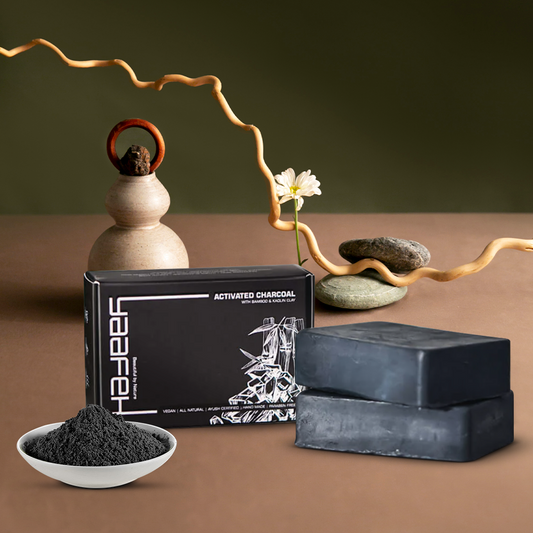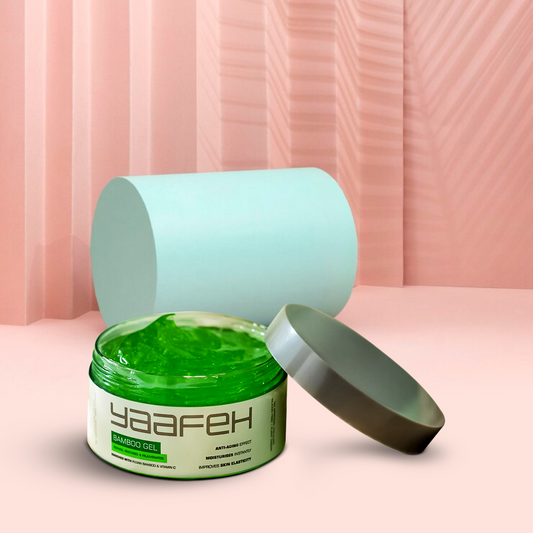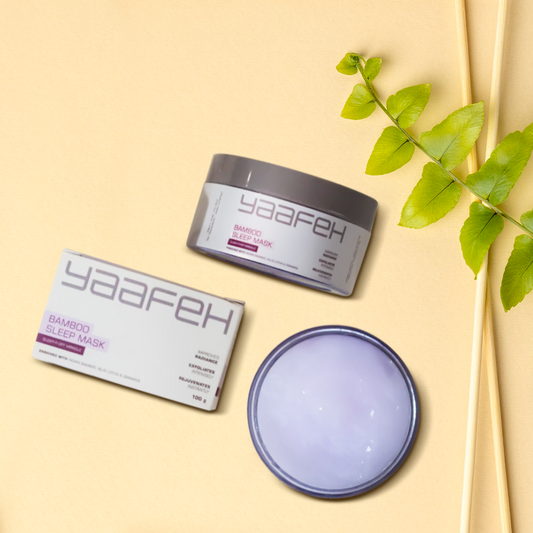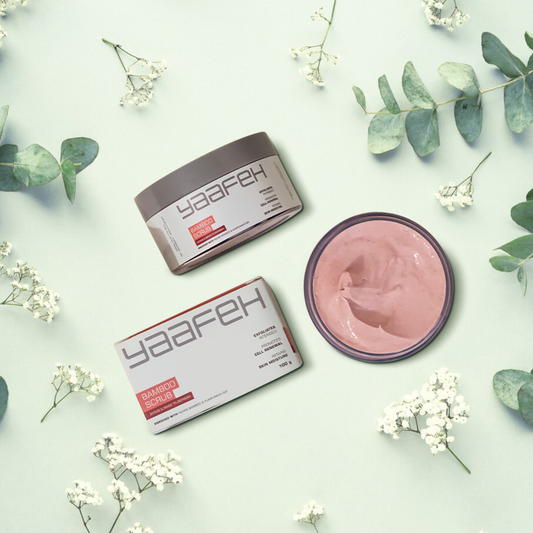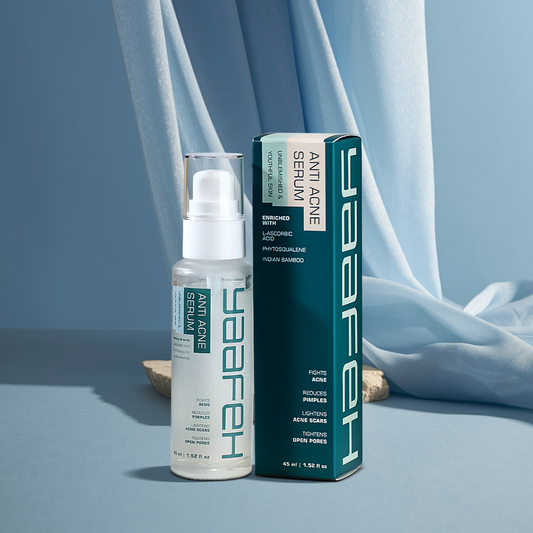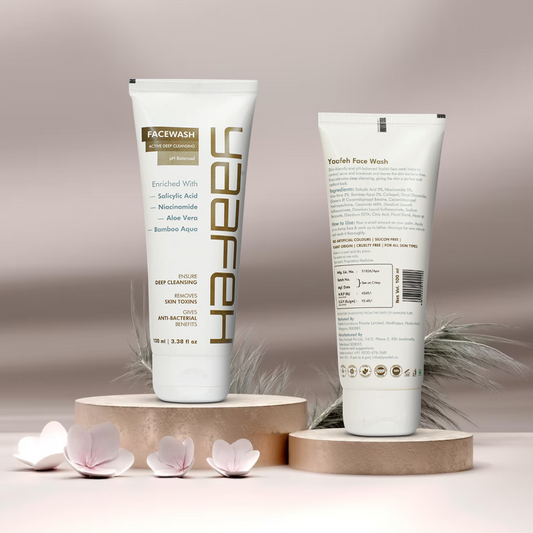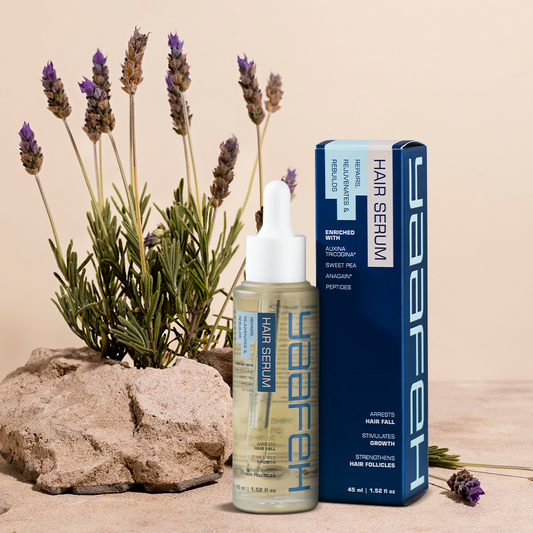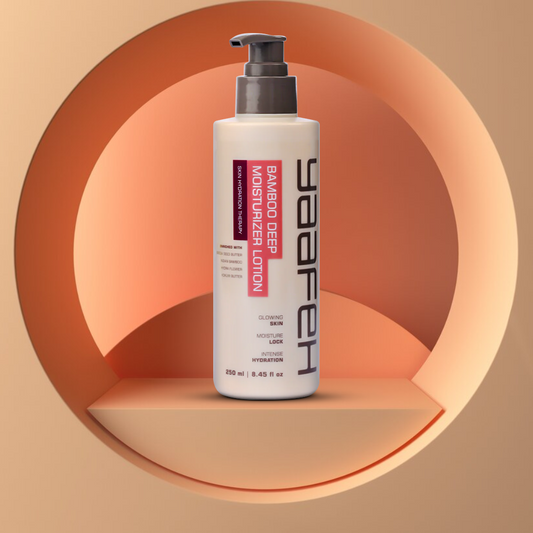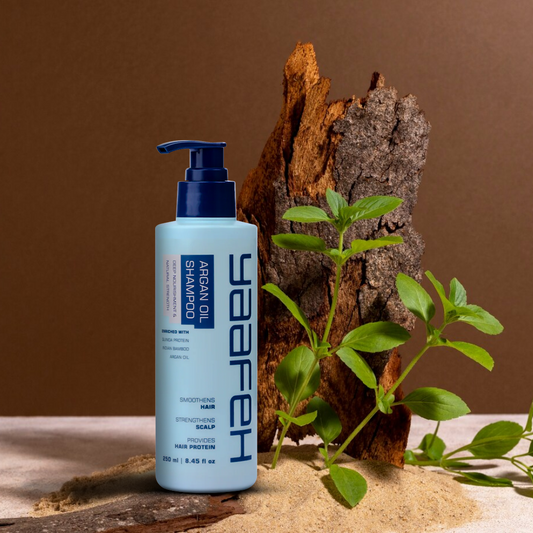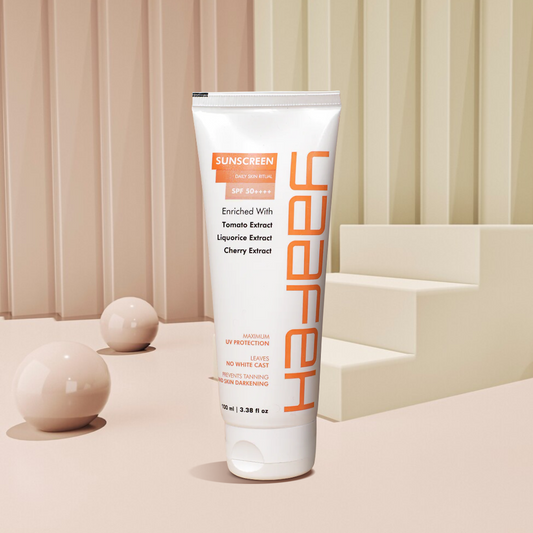Are you tired of constantly hiding dark spots on your face? Do you wish to have a more even skin tone? Pigmentation is a common skin issue that affects people of all ages and skin types. It can be caused by sun exposure, hormonal changes, and genetics. Fortunately, there are ways to manage pigmentation, and one of the most effective solutions is to use an anti-pigmentation serum.
Understanding Pigmentation
Before we dive into anti-pigmentation serums, it's essential to understand what pigmentation is. Pigmentation occurs when the skin produces excess melanin, which is the pigment that gives your skin its color. When melanin is produced in excess, it can result in dark patches or spots on your skin. Pigmentation can be caused by various factors such as sun exposure, hormonal changes, and genetics.
Sun exposure is one of the leading causes of pigmentation. When your skin is exposed to the sun's harmful UV rays, it triggers the production of melanin in your skin. Over time, this can result in dark spots or patches on your face. Hormonal changes can also cause pigmentation, especially during pregnancy, menopause, or when taking birth control pills. Genetics can also play a role in pigmentation, and if your parents have hyperpigmentation, you are more likely to develop it too.
What is an Anti-Pigmentation Serum?
An anti-pigmentation serum is a skincare product designed to help reduce the appearance of dark spots and pigmentation. These serums contain active ingredients that target the production of melanin in your skin. They work by inhibiting the enzyme responsible for melanin production, slowing down the process and reducing the appearance of dark spots over time.
Benefits of Using an Anti-Pigmentation Serum
If you're looking to achieve an even skin tone and a brighter, more radiant complexion, a face serum for pigmentation may be just what you need.
- Even Skin Tone
One of the most significant benefits of using an anti-pigmentation serum is that it helps to even out your skin tone. It reduces the appearance of dark spots and patches, giving you a more radiant complexion.
- Brighter Skin
Anti-pigmentation serums can also help brighten your skin by reducing the appearance of dark spots. This can give your skin a more youthful and healthy glow.
- Prevents Future Pigmentation
By inhibiting the production of melanin, anti-pigmentation serums can help prevent future pigmentation. This is especially true if you use them together with a broad-spectrum sunscreen.
How to Choose the Best Serum for Pigmentation
Choosing the best serum for pigmentation can be overwhelming, given the many products available in the market. Here are some factors to consider when selecting the best serum for pigmentation:
- Active Ingredients
Active ingredients are the key to any anti-pigmentation serum. Look for serums that contain ingredients such as vitamin C, niacinamide, and kojic acid. These ingredients help to reduce the production of melanin and brighten your skin.
- Formulation
The formulation of the serum is also essential. Look for serums that are lightweight and easily absorbed into your skin. Avoid serums that are too thick or oily as they can clog your pores.
- Reviews
Reviews are a great way to gauge the effectiveness of a product. Look for serums with positive reviews from people who have used them to treat pigmentation.
Ingredients to Look for in an Anti-Pigmentation Serum
Face serum for pigmentation contains active ingredients that help to reduce the production of melanin. Here are some ingredients to look for in an anti-pigmentation serum:
- Vitamin C
Vitamin C is an antioxidant that helps to brighten your skin and reduce the appearance of dark spots. It works by inhibiting the production of melanin and reducing oxidative stress in your skin.
- Niacinamide
Niacinamide is a form of vitamin B3 that helps to reduce the production of melanin and improve your skin's texture. It also helps to reduce inflammation and redness in your skin.
- Kojic Acid
Kojic acid is a natural ingredient derived from mushrooms that helps to reduce the production of melanin. It inhibits the enzyme responsible for melanin production, resulting in a more even skin tone.
How to Use an Anti-Pigmentation Serum
Skincare comes with routine. It is important to follow a healthy routine of day and night skincare to help get long-lasting results.
- Cleanse Your Face
Before applying the serum, ensure that your face is clean and dry. Use a gentle cleanser to remove any dirt or makeup from your skin.
- Apply the Serum
Apply a small amount of serum on your face, focusing on the areas with pigmentation. Gently massage the serum into your skin until it's fully absorbed.
- Moisturize
After applying the serum, follow up with a moisturizer to lock in the serum's active ingredients and prevent moisture loss.
- Use a Sunscreen
Using a broad-spectrum sunscreen is essential when using an anti-pigmentation serum. Sunscreen helps to protect your skin from UV damage, which can trigger the production of melanin.
Pigmentation is a common skin issue that can affect anyone. If you're struggling with dark spots or patches on your skin, using an anti-pigmentation serum can be an effective solution. Look for serums that contain active ingredients such as vitamin C, niacinamide, and kojic acid. Remember to use broad-spectrum sunscreen to protect your skin from UV damage, which can trigger the production of melanin. Try the Yaafeh anti-pigmentation serum and see the difference it can make on your skin!



